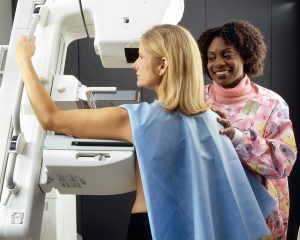Why Traditional Grading Systems Need Modern Updates
In today’s education system, traditional grading systems have been the norm for decades. However, with the advancement of technology and changes in the way students learn, it’s become clear that these systems are in need of modern updates. The current system is outdated and lacks accuracy in measuring a student’s progress and abilities. In this article, we’ll delve into the reasons why traditional grading systems need modern updates to better serve students and bridge the gap between education and real-world skills.
The Flaws of Traditional Grading Systems
Inadequate Representation of Student’s Knowledge and Skills
Traditional grading systems heavily rely on assigning numeric values to a student’s performance, such as grades or percentages. However, this approach fails to accurately reflect a student’s knowledge and skills, as it only evaluates their ability to regurgitate information on a test or assignment. It does not consider their critical thinking, creativity, and problem-solving skills, crucial for success in the real world.
One-Size-Fits-All Approach
The traditional grading system follows a one-size-fits-all approach, where every student is evaluated based on the same criteria and standards. This ignores the fact that students have different learning styles and pace, and may excel in different subjects. For instance, a student may be passionate and skilled in art, but struggle with math, resulting in a lower overall grade. This can be demotivating for the student and overlooks their individual strengths and weaknesses.
Focused on Punishment Rather Than Improvement
The primary purpose of traditional grading systems is to compare and rank students based on their performance, where the top students are rewarded and the lower-performing students are punished. As a result, students are more concerned with getting a high grade rather than understanding and learning the subject. This creates a competitive and stressful environment, discouraging students from embracing learning as a process of improvement.
The Need for Modern Updates
Accurate Assessment of Student’s Progress and Skills
Modern education emphasizes the importance of developing critical thinking, creativity, and problem-solving skills, which are crucial for success in the real world. By updating the traditional grading system, students can be evaluated on their overall progress and skills, rather than just the final grade. This can be achieved by incorporating diverse assessment methods, such as project-based learning, presentations, and portfolios, to better reflect a student’s true abilities.
Individualized Learning Experience
With modern updates, the learning experience can be tailored to meet the needs and interests of individual students. This can be achieved by implementing personalized learning plans, where students can choose the subjects they want to focus on, and the pace at which they want to learn. This way, students can fully unleash their potential, without being limited by a standardized grading system.
Focus on Mastery of Skills Rather Than Grades
Modern education promotes a growth mindset, where students are encouraged to embrace failures and view them as opportunities to learn and grow. By shifting the focus from grades to mastery of skills, students can learn at their own pace, without the fear of being penalized for mistakes. This approach also instills a love for learning, as students are motivated to improve their skills rather than just receive a high grade.
In Conclusion
Traditional grading systems have been in place for a long time, but they fail to keep up with the changing needs and demands of the modern world. By implementing these necessary updates, we can create a more inclusive and effective education system that prepares students for success in their future endeavors. Let’s work towards modernizing the traditional grading system and provide students with a fair, accurate, and individualized learning experience.











